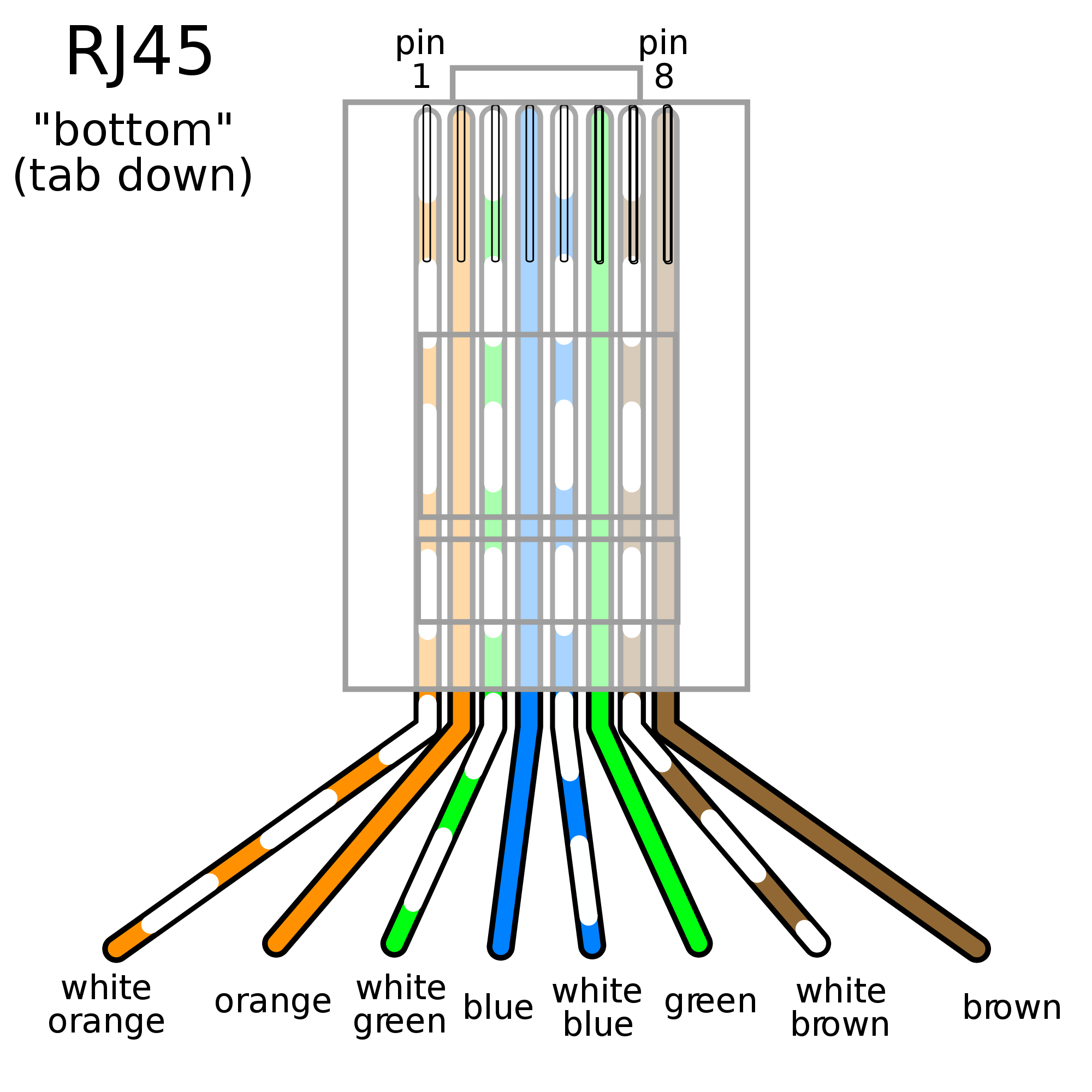Are you looking for a comprehensive guide on Cat 5 Wiring Diagram? Look no further! Cat 5 Wiring Diagrams are essential tools for anyone working with network cables and connections. Whether you are setting up a new network or troubleshooting an existing one, having a clear understanding of Cat 5 Wiring Diagrams is crucial for ensuring a reliable and efficient network.
Why Cat 5 Wiring Diagrams are essential
- Help in planning and setting up network connections
- Provide a visual representation of how cables should be connected
- Aid in troubleshooting network issues
- Ensure compliance with industry standards
How to read and interpret Cat 5 Wiring Diagrams effectively
Reading and interpreting Cat 5 Wiring Diagrams may seem intimidating at first, but with a little practice, you can easily decipher the information they provide. Here are some tips to help you navigate Cat 5 Wiring Diagrams:
- Identify the components: Understand the symbols and labels used in the diagram
- Follow the flow: Pay attention to the direction of the cables and connections
- Check for standards: Ensure that the wiring conforms to industry standards
- Use color codes: Utilize color-coding to simplify the interpretation of the diagram
Using Cat 5 Wiring Diagrams for troubleshooting electrical problems
When faced with network issues, Cat 5 Wiring Diagrams can be invaluable tools for diagnosing and resolving problems. By following the wiring diagram, you can easily identify faulty connections, damaged cables, or incorrect configurations. Here are some steps to effectively use Cat 5 Wiring Diagrams for troubleshooting:
- Compare the actual setup with the diagram to identify discrepancies
- Test each connection for continuity to detect any breaks or loose connections
- Refer to the diagram to determine the correct configuration for each cable
- Make necessary adjustments based on the information provided in the diagram
Importance of safety when working with electrical systems
When working with electrical systems and using wiring diagrams, safety should always be a top priority. Here are some safety tips and best practices to keep in mind:
- Always turn off the power before working on any electrical connections
- Use insulated tools to prevent electric shocks
- Avoid working in wet or damp conditions to minimize the risk of electrical hazards
- Wear appropriate personal protective equipment, such as gloves and safety goggles
Cat 5 Wiring Diagram
Cat 5 Wiring Diagram Rj45 – Ann Circuit

Cat5 Rj45 Wiring

Cat 5 Wiring Diagram Pdf

How To Install Cat 5 Wiring | Wiring Diagram

Cat 5 A Wiring Diagram

Cat 5 Wiring Diagram | Wiring Diagram
